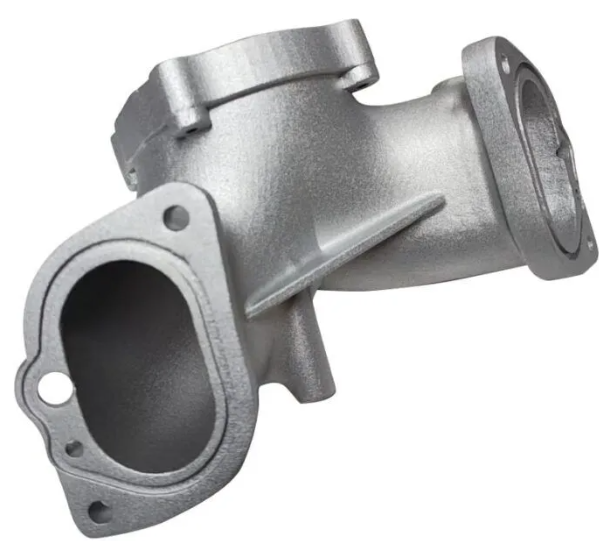Is Prototype Manufacturing Cost-Effective for Small Industries?
Prototype manufacturing can be cost-effective for small industries under certain conditions and when approached strategically. Here are some factors to consider to find out an ideal China Prototype Manufacturing Factory.
Complexity of the Prototype
The complexity of the prototype can significantly impact costs. Simple prototypes are generally more cost-effective to produce than highly complex ones.
Small industries should aim to create prototypes that fulfill their essential testing and validation requirements without necessary complexity.
Materials and Manufacturing Methods
The choice of materials and manufacturing methods also affects costs. Consider using materials and methods that are readily available and affordable for your specific prototype. For instance, 3D printing might be a cost-effective choice for many prototypes due to its versatility and low setup costs.
In-House vs. Outstanding
Small industries may not have all the necessary equipment and expertise in-house for prototype manufacturing. Outsourcing certain aspects of the process, such as 3D printing or CNC machining, Injection Molding Service in China, can be more cost-effective than investing in expensive machinery and specialized personnel.
Design Iterations
The number of design iterations required can impact costs. To make prototype manufacturing cost-effective, aim to minimize the number of iterations by thoroughly reviewing and refining your design before manufacturing. Rapid prototyping techniques can also help reduce iteration costs.
Scale of Production
If you only need a small number of prototypes, it can be more cost-effective to produce them individually or in small batches rather than investing in large-scale manufacturing setups.
Traditional manufacturing methods like injection molding may not be cost-effective for low volumes.
Materials Costs
The cost of
materials can vary significantly. Consider using readily available and
affordable materials that still meet the functional requirements of your
prototype. You can also explore
alternative materials that may be more cost-effective.
Time Constraints
Rushing prototype manufacturing can lead to higher costs due to expedited production or overtime labor. Plan your prototype development timeline carefully to avoid unnecessary rush expenses.
Prototype Purposes
Consider the intended purpose of the prototype. If it is primarily for internal testing and validation, it may not need to meet the same quality and finishing standards as a prototype
Intended for showcasing to potential investors or customers. Adjusting your expectations for prototype quality can help manage costs.
Prototyping Services
Explore prototyping services and facilities that cater to small industries. Some service providers specialize in cost-effective prototyping for small and medium-sized businesses.



Comments
Post a Comment